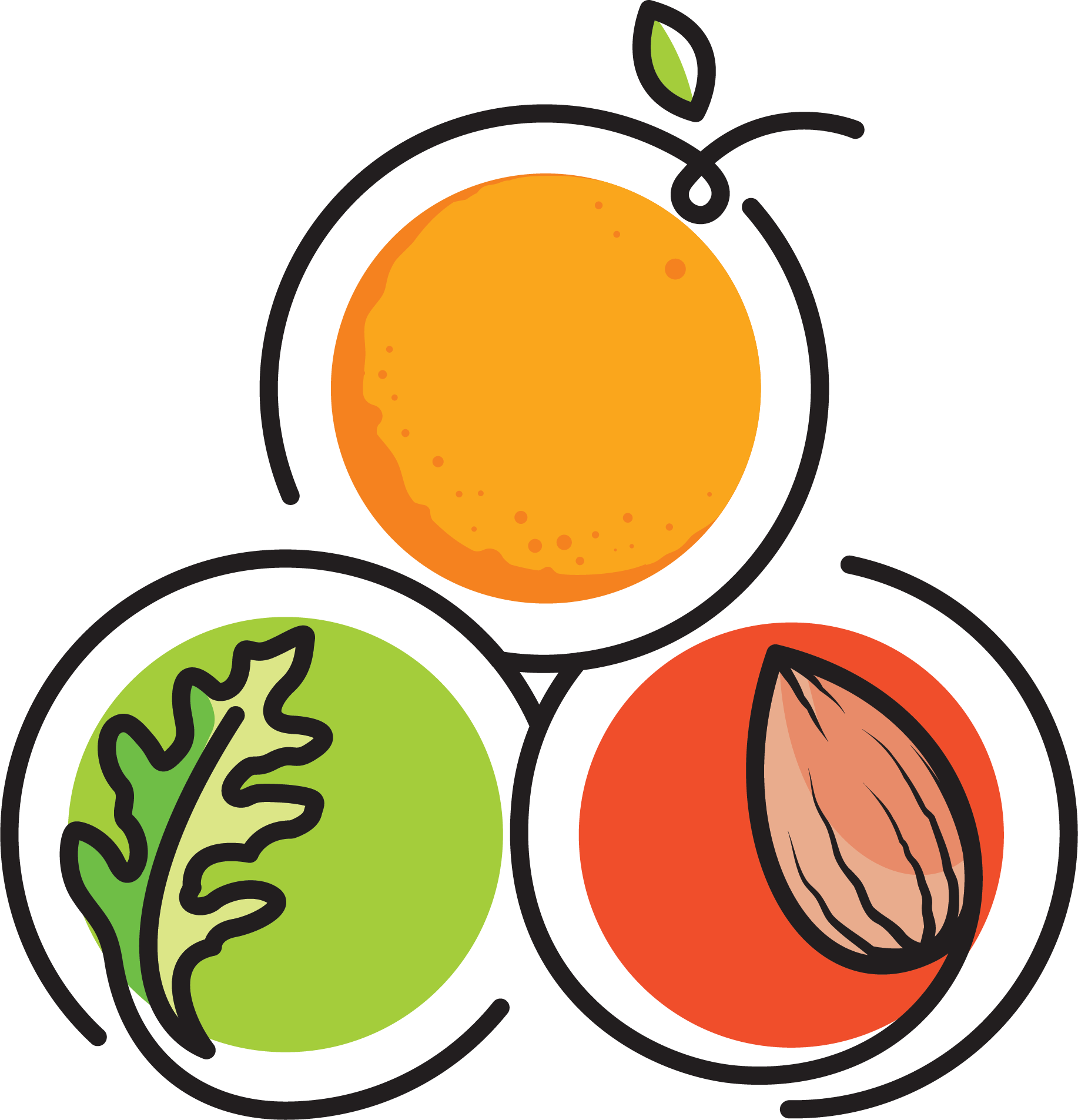Question
I am interested in knowing what effect minor temperature fluctuations may have on the ripening process of pears. For instance, we just received a shipment of Comice pears from
California. Although we informed the hauler to set the trailer temperature to 32 degrees, he actually set it at 35 degrees. We have a temperature monitor that records the in-transit temperatures every 15 minutes. During the 3-day haul, the temperatures fluctuated between 34 - 36 degrees, however there was also a 1 hour "spike" to 41 degrees during that time as well. Of course, we are worried about what kind of impact, this may have had on the pears as they will be used in fruit basket gifts for Christmas & beyond.
What I would really like to see is a chart that may give us an indication of the effects for not only this shipment but any future shipments we see that we may have concerns about. I thank you for any help you may be able to provide. (S.S.)
Answer
For long term storage of pears, temperature can have a great affect on quality after storage. The effect of short exposures to temperatures up to 41F has not been documented that I am aware of, but I would say from experience that the exposure you described likely had a minor effect, if any. Pears will not initiate rapid ripening until the temperature is above approximately 55F. In addition, the temperatures you were measuring during transit were likely the trailer air temperatures, not the fruit temperatures. It would take many days for the pears within the boxes to warm to the air temperature.
Given the fluctuation in temperatures recorded in the vehicle, it is possible to set the temperature as low as 32 or 33 degrees without the risk of freezing the pears (generally will not happen until fruit temperatures get to 29F or lower). You could try to convince the trucking company to lower the temperature a few degrees. Short increases in air temperature likely occur during loading and unloading of product and are probably unavoidable. I hope this helps to answer your question. –Beth Mitcham


